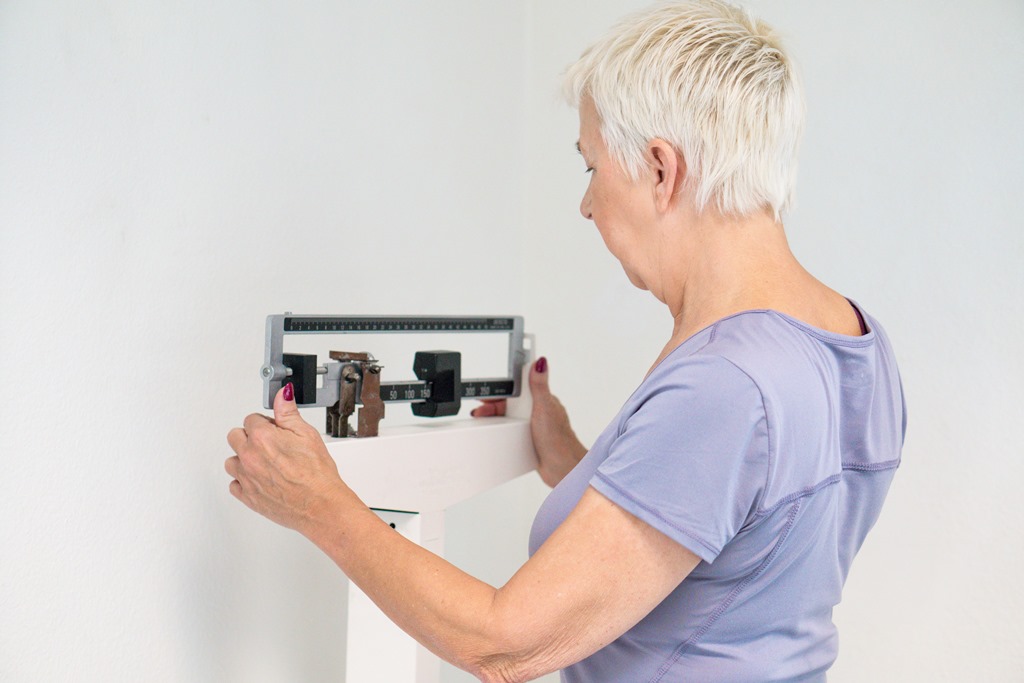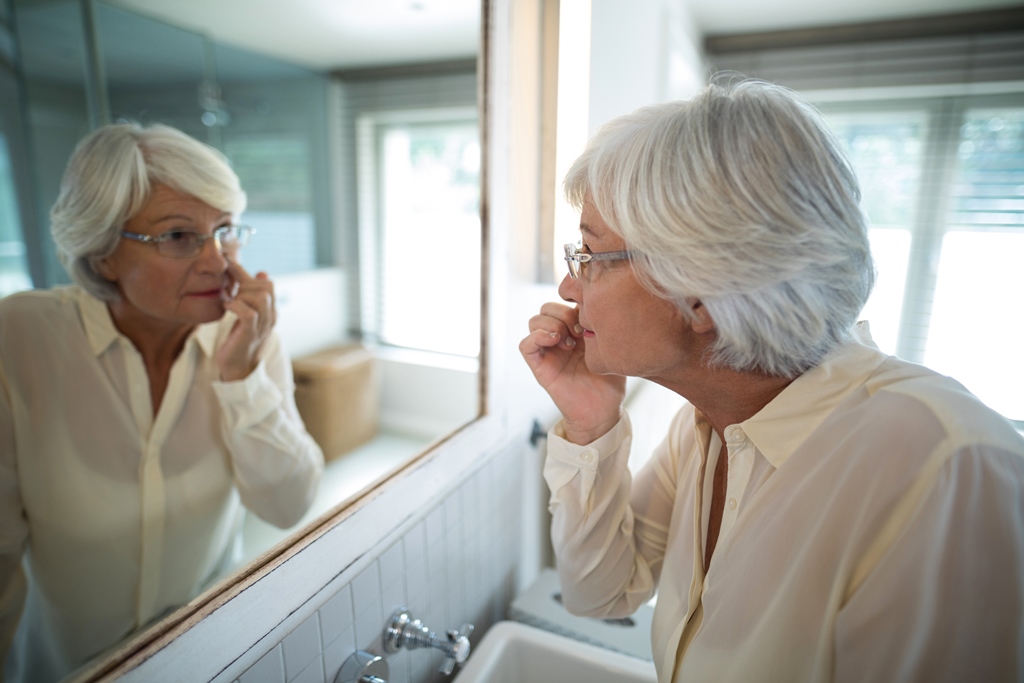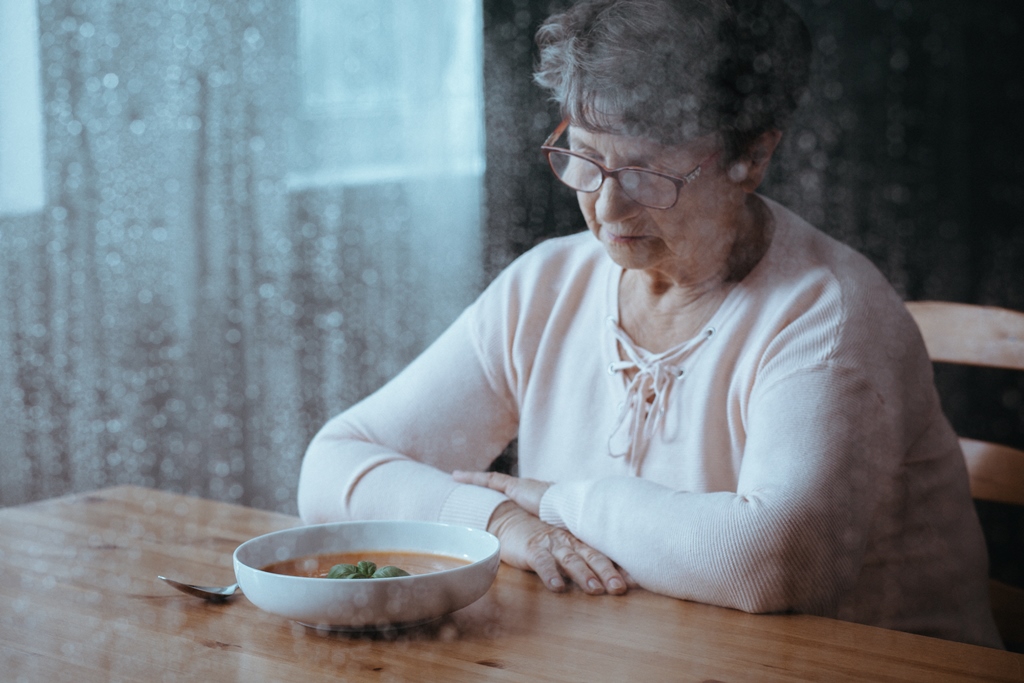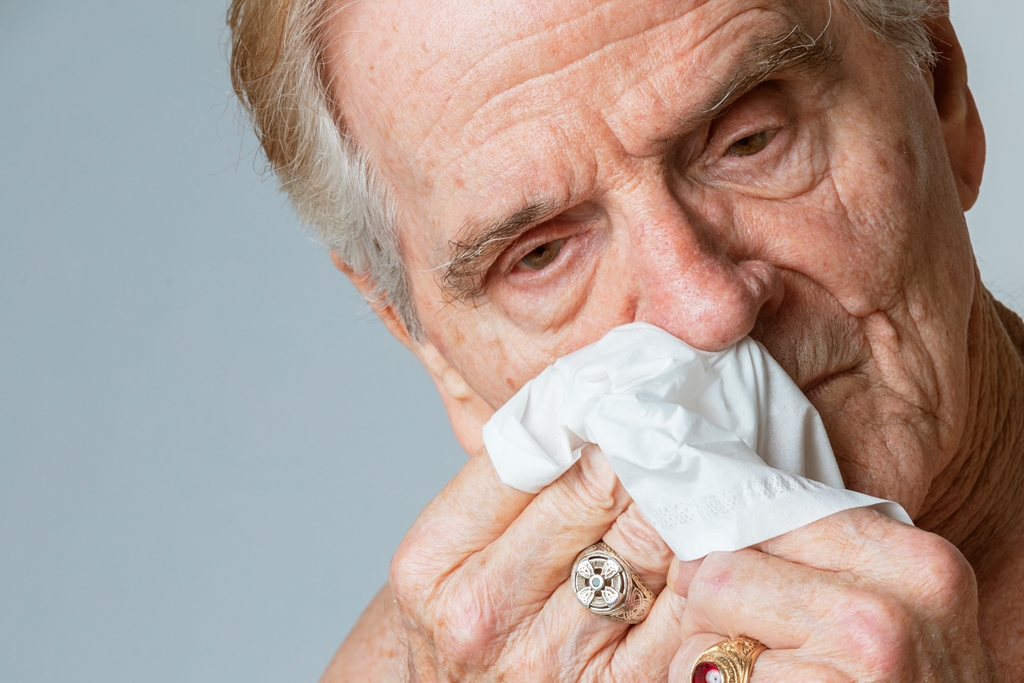As a person ages, the risk of getting cancer becomes greater. Accordingly, 60% of all cancer patients are seniors. This should make every senior out there be of guard on symptoms that may spell cancer. As always said, early detection is the best way to manage cancer.
Knowing the most common signs of cancer may not be enough to detect the illness. There are some symptoms that are the same with other less serious conditions, which may cause you to let your guards down. Here are 10 symptoms of cancer that are often overlooked because they may be thought of as symptoms of other diseases:
Unexplained Weight Loss
If you are particularly conscious of your weight, you may be delighted that you are losing weight without sweat. But unexplained weight loss could mean that you have a brewing cancer within. If it is cancer that is causing your weight loss, you may lose about 5-10 lbs. without even working out. This should be alarming if a senior does not exert any effort, like taking a crash diet, doing heavy workouts, and taking fat-loss supplements.

Bloating
Bloating can also be attributed to kidney failure or taking in some medications. But if you have abdominal bloating, it may be caused by cancer in your pancreas. It can also be caused by cancer of the uterus, stomach, colon, or liver.

Skin Discoloration
The skin can be one of the earliest parts of the body that can tell a person is aging. But if you notice your skin to be turning orangey or yellowish, there must be a tumor blocking the bile duct. When this happens, the bile will enter the bloodstream, thereby, causing your skin color to have that orange and yellow hue.

Chronic Coughing
Respiratory ailments are common among seniors. They catch cold and cough because of their waning immune system. But if the cough seems not to go away even with medication, it can be a sign of cancer. Persistent coughing over a prolonged period is usually one of the earliest signs of lung cancer.

Loss of Appetite
It can be alarming if a glutton suddenly loses his appetite for food. But when a senior is the one who may lose his appetite, it may look normal because most seniors have less appetite to eat or may eat less. It also makes it harder to associate with cancer because there are a lot of conditions that may cause one to lose his appetite.

Skin Lesions
With all the skin changes in seniors, it may be difficult to identify changes that are associated with medical conditions other than skin diseases. But when the scrapes are very slow to heal and or may not seem to be treated with medications, you should let them checked by a doctor. It can be a form of skin cancer.

Nosebleeds
Nosebleeds can happen when there are fragile blood vessels, an infection in the nasal lining, or an allergy to the sinuses or adenoids. But nosebleeds can also be associated with leukemia, which is cancer of the blood. Seniors are prone to have anemia and leukemia, so when it involves a senior with no history of nosebleeds, you may suspect leukemia.

Hemiparesis
This means weakness of one side of the body. If you experience this, the first impression that may come to mind is stroke. But if your doctor rules otherwise, believe him because it may be a brain tumor. A brain tumor may also let you experience difficulty in speech which is like when you had a stroke.

Abdominal Pain
Pain in the abdominal area or midsection may let you think of the meal that you ate a while back. But if the pain is persistent and has been pestering you for quite some time now, you should think that there must be something worse. It can be a stomach or colon cancer.

Change in Personality
Our personalities change over time. Seniors may exhibit pronounced changes in their personalities that such change may be difficult to associate with brain cancer. If the change is very sudden, you should let a doctor check if your suspicion has a basis.

It may be harder to detect cancer symptoms among seniors because of the normal changes that are happening in their physical, mental, emotional, and social attributes. With this, it may be best to seek a doctor’s opinion with every new thing that you experience, see, and touch in your body. This way, overlooking signs of cancer will be prevented.

